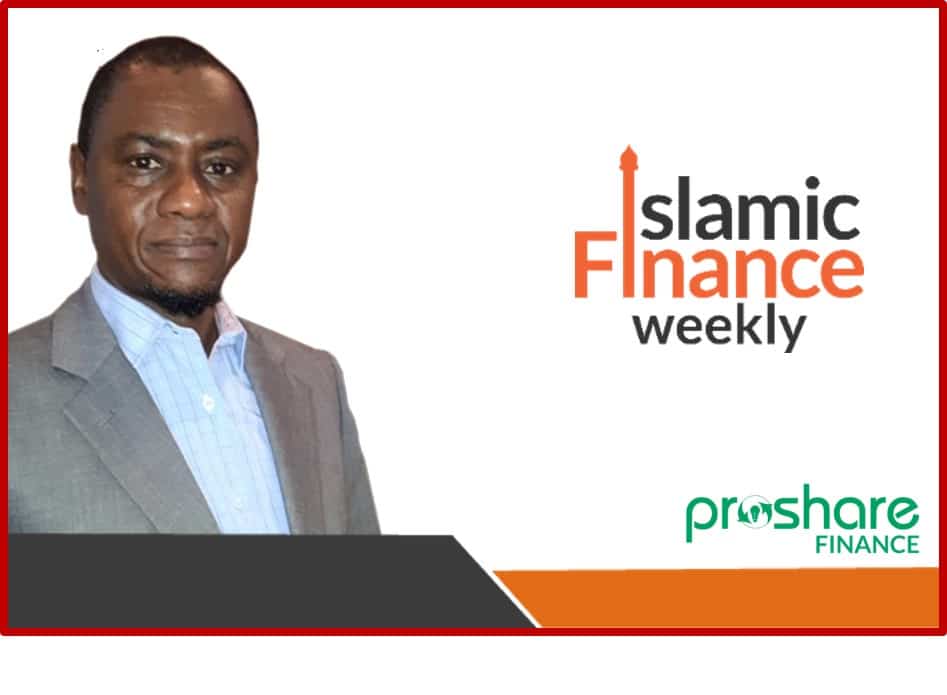Nigeria’s next Sukuk Issuance should be Green-based, supporting sustainable development in the country. Dr. Umar Mohammed Idris Founder/CEO of Tiyoma Consultancy and Associate Professor of Islamic Banking and Finance at Umm Al-Qura University, Saudi Arabia, made this point while discussing developments in the Nigerian non-interest finance market.

Speaking on Green Sukuk, Dr. Idris noted that such financial arrangementssupport environmentally-friendly projects and have been used by several Islamic countries. He believed Nigeria could use Green Sukuk to Finance electricity, solar energy, and other energy sources and could also fund transportation and education.
Dr. Idris agreed that Nigeria is one of the most populous Muslim countries in Africa and among the first set of African nations that is an oil producer. He believed Nigeria had tremendous economic power which could not be ignored.
According to him, from 1999 to 2020, there have been a lot of developments in Islamic finance, that have emerged as alternative financing options in Nigeria, with its instruments like Sukuk deployed for economic development.
He said the economic crises of COVID-19 affected many sectors of the local economy. He believed Islamic finance was a unique area of finance suitable for mitigating financial and economic challenges and could contribute to developing the agricultural sector with instruments like the Salam contract and Mudarib contract.
Idris said Islamic finance had other instruments to address economic constraints around production and manufacturing. Instruments such as Musharakah, Murabaha, and Mudaraba could provide support to the firms affected by the COVID-19.
On ways to improve the standardization and compliance to Shariah principles, in growing Nigeria’s non-interest finance market, he said the Central Bank of Nigeria (CBN) as the regulatory institution for the country needs to work out the criteria needed to achieve such goal.
He said the role of the CBN Shari’ah board was to educate citizens on how to handle disputes and come up with more Shariah-acceptable products and services.
He said there should be innovative ways to increase awareness of the benefits of Sukuk to Nigerians, with the introduction of Islamic finance courses in schools, to provide training to stakeholders, while staff in the financial institutions need to be educated in basic Islamic finance principles and practices.
On what Nigeria must do to achieve the status of Africa’s leading Islamic finance hub, according to Idris, Nigeria was the largest nation in Africa with the largest Muslim population and should be able to take advantage of its large economy to grow non-interest financial intermediation.
To achieve the status of a leading hub in Islamic finance in Africa, he called on the government to look at the legal infrastructure, to explore ways it could fully accommodate Islamic finance. This according to him, would allow foreign investment and the establishment of new Islamic financial institutions in the country.
He was of the view that the legal framework of finance was as important as the economic infrastructure, which helps the movement of products and services across the country. He stressed the need for the capital market to accommodate Islamic finance to attract more investment inflows into the country.
Source: Proshareng





